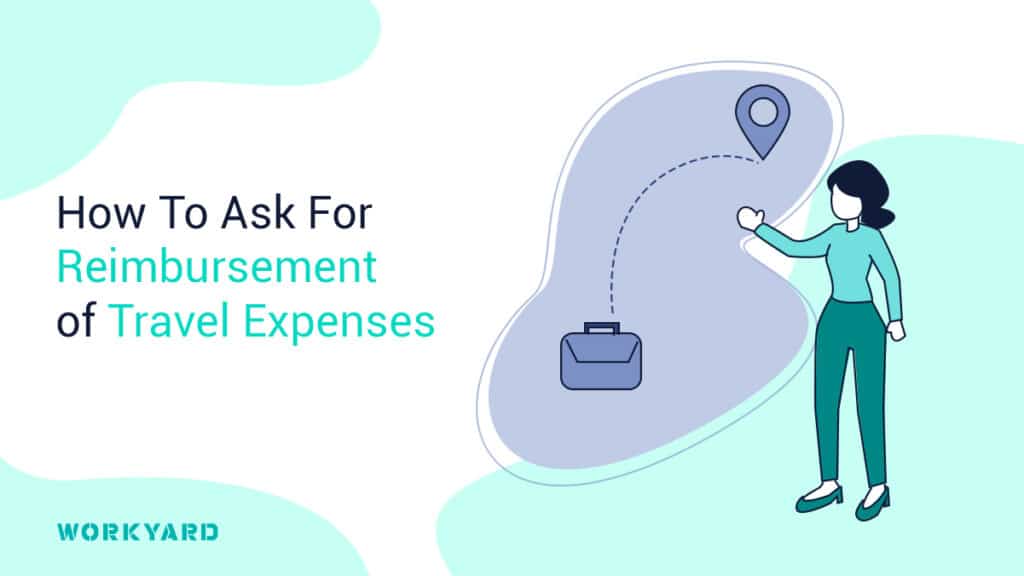This question is about Travel Time Pay for Construction Workers.
How To Ask For Reimbursement of Travel Expenses
Business travel expenses occur when an employee travels on behalf of their job. Business trips typically consist of job fairs, seminars or conferences, customer meetings, and training opportunities.
Before traveling for work, you’ll want to refer to your organization’s policy on reimbursement for business-related travel and costs. You should be able to find this information in your company’s employee handbook or by reaching out to your Human Resources department or manager for assistance.
Reimbursement of travel expenses is a standard practice among most businesses so there is no need to be afraid to ask. In fact, there are several states that actually require organizations to pay their employees for business-related fees including company travel.
Here is a list of states that require reimbursement of work-related costs:
- California
- Iowa
- Massachusetts
- Illinois
- New York
- Montana
- The District of Columbia
If you live in one of the above states, you can rest assured that you will be paid for business travel since it is required by state law. Still, it’s important to check with your employer on their specific guidelines and requirements before proceeding with your anticipated travel.
Another point of reference is the Fair Labor Standard Act (FLSA), which requires that companies reimburse their employees for business-related costs that drop their income below the federal minimum wage. The FSLA is in place to protect employees by establishing minimum wage, payment for overtime labor, and more.
As an employee, you should also be aware of mileage reimbursement. This is another type of travel reimbursement when an employer compensates employees for business travel via their personal vehicle.
Below are types of business travel that fall into the mileage reimbursement category:
- Work-related trips
- One-on-one or group meetings with customers or prospects
- Business errands
- Deliveries on behalf of an employer
Overall, requesting reimbursement for travel expenses is commonplace in a business setting and the easiest way to ask your employer is by connecting with leadership or your HR department.

References
- 1
Paycor. “Remote Employee Reimbursement Rules by State.” Accessed on June 15, 2023.
- 2
U.S. Department of Labor. “Wages and the Fair Labor Standards Act.” Accessed on June 15, 2023.